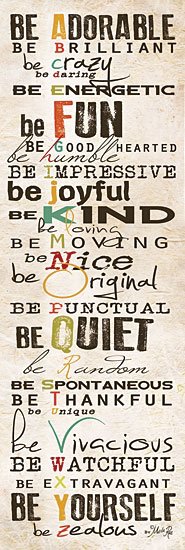There are definitely a lot more resources for early literacy than early math (about three times as many hits on Amazon), but early math is as important, if not more important. Research has found that early math skills are of course predictive of later math achievement, but are also more predictive of later reading achievement than early reading skills are. (Page on Ncpat)
Early math is so much more than just counting, but we can start there. Just as early language strategies tell you to "read, read, and then read some more", you should "count, count, and then count some more!" :-) Don't just recite the numbers, but count actual objects. Count your baby's toes, count the steps as you go up stairs, count out crackers as you're eating. "One wheel, two wheels, three wheels, four wheels, the car has four wheels!"
Besides counting, early math involves measuring. First measuring just means labeling with words, such as "bigger", "smaller", "longer", "shorter". And later, measuring involves using measuring tools like rulers and measuring cups. Just as with trying to use counting in everyday language, try to use measurement words when talking with your little ones.
Early math is also about recognizing patterns. Patterns are all over - there are patterns in time (our bedtime routine is snack, bath, song, and then lights out) and patterns in space (making a line of two short blocks, one long block, two short blocks, one long block). Ask your child, "What do you will come next?" or "What's missing?" You can use music and movement to create patterns, such as jump, clap, tap your head.
Early math involves sorting and organizing data. At the beginning, that just means matching socks by color or sorting food by whether it goes in the fridge, freezer, or cupboard. Later, analyzing data means making simple charts or graphs of the weather, or what color cars passed by the house that morning.
Interaction is the key - talking with your child about mathematical concepts, which doesn't mean explaining calculus to them - it just means saying "over" and "under".
The NAEYC (National Association for the Education of Young Children) has some good resources... Math Talk with Infants and Toddlers
The Twitter feed @EarlyMath also posts lots of interesting research and ways to develop early math skills. Early Math (earlymath) on Twitter

 RSS Feed
RSS Feed
